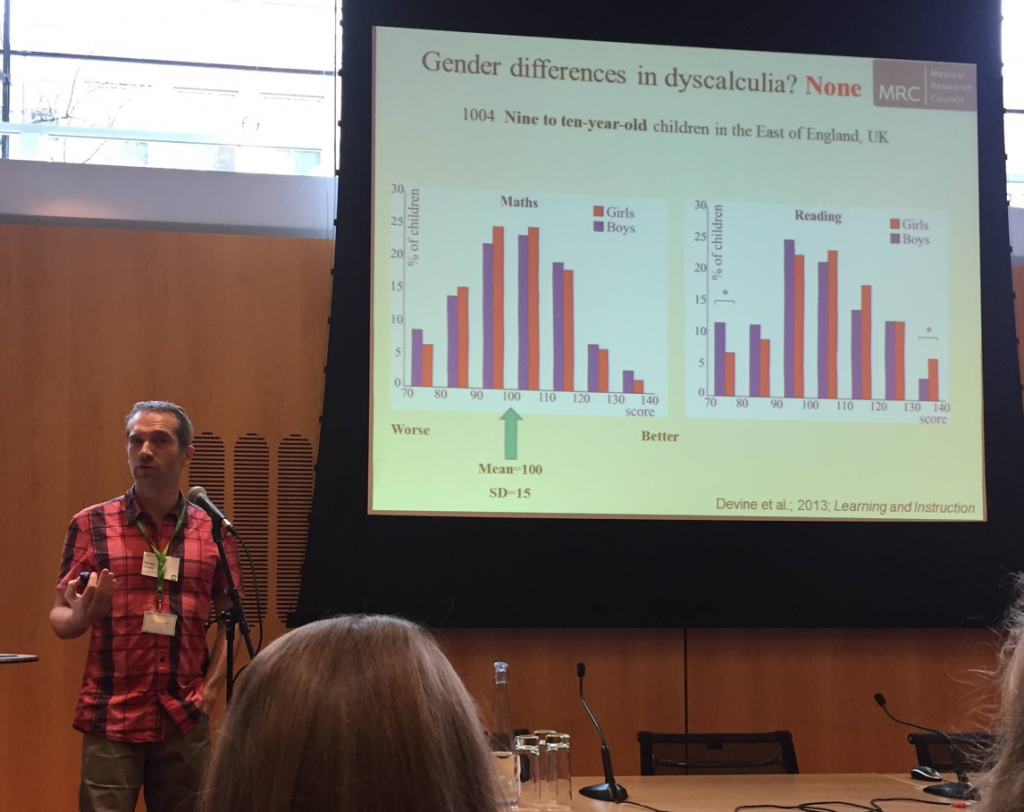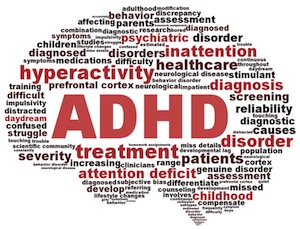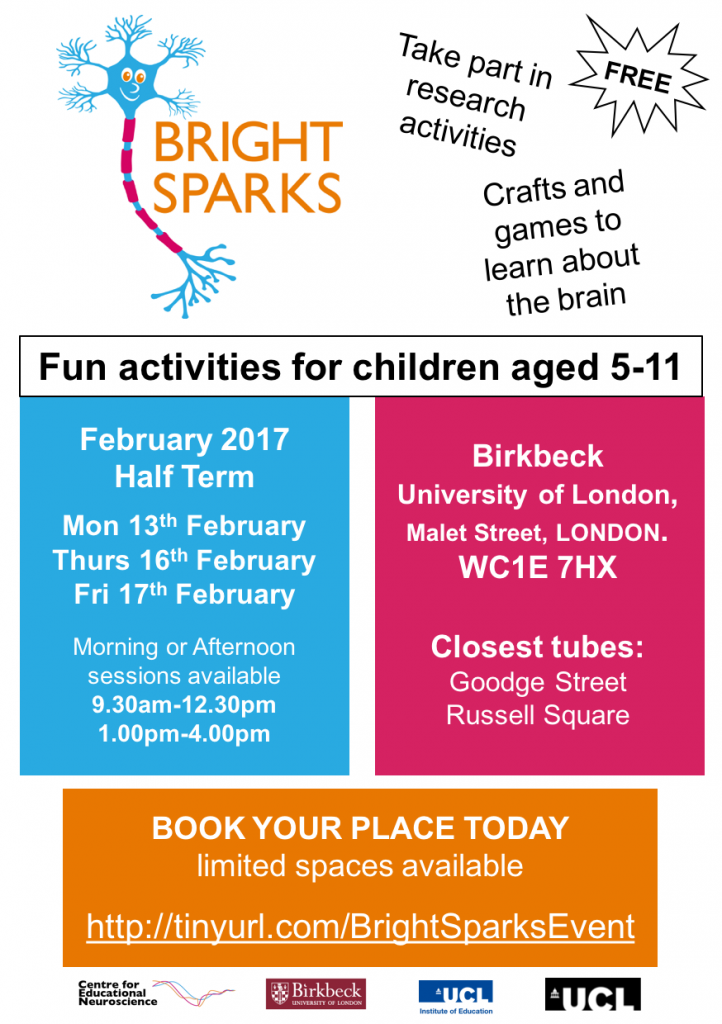There’s a wealth of information available on the internet for teachers who want to introduce mindfulness into their classrooms; and indeed why wouldn’t you when the purported benefits for your class include reducing mental health issues, developing compassion, reducing anxiety and increasing attention? In our latest addition to the neuro-hit / neuro-myth resource, we introduce the concept of mindfulness, take a look at the available literature on whether it is actually beneficial and ask, if it is beneficial, why that might be.
Author Archives: admin
A scientific strategy for life chances
In an article in the Psychologist magazine, Michael Thomas discusses new research on the impact of differences in socio-economic status (SES) on children’s cognitive and brain development, and how these are associated with differences in education-relevant skills that are already present when children start school. The article was based on a talk presented at a Learnus Mediated Workshop. The video of the presentation can be found here.
What are the policy implications of this research? The article highlights three:
- Just because the effects of low SES are measurable in the brain does not imply they cannot be reversed. Outside of cases of severe neglect, many cognitive differences shown by children from very low SES families respond well to training techniques, such as those that focus on executive functions and engage with parents.
- A mechanistic perspective highlights multiple points of possible intervention (directly on SES, indirectly on experiences or biological processes that mediate SES effects, indirectly on brain development by training specific neurocognitive functions, and directly on outcomes educationally or therapeutically); and they allow fostering of factors of resilience such as the mother–child or caregiver–child relationship
- Measures of brain function make the greatest contribution where they can show that two individuals with similar behaviour actually exhibit the behaviour for different reasons. This might imply that, for example, childhood emotional regulation difficulties caused by adverse childhood events are best addressed by therapies that address the traumatic experiences, while those with similar difficulties caused by lack of cognitive stimulation are best addressed by learning opportunities scaffolded to encourage self-regulation.
The full article can be downloaded here.
Videos now available: Neuroscience in the Classroom workshop, March 2017.
We are excited to announce that videos of all the talks from our workshop are now available here. There is also a link to a summary of the day, if you missed it.
Neuroscience in the Classroom: Current Progress and Future Challenges
The Wellcome Trust hosted the CEN’s eagerly anticipated workshop last Friday 17th March, which was organised by a group of PhD students from the CEN. Nearly 100 delegates attended, with a broad spread of academics, students, teachers, consultants and individuals from charities and organisations.
The morning’s sessions focused on research linking different aspects of brain and cognitive functioning to children’s academic performance and skills. Professor Gaia Scerif’s excellent keynote talk opened the workshop. She presented findings on various aspects of attention control and preschool maths from an integrated cognitive, neuroscientific and educational perspective. Three talks followed focusing on children’s educational outcomes. Dr Denes Szucs, University of Cambridge (pictured above), firstly discussed the cognitive correlates of dyscalculia and discussed the characteristics of individuals who suffer from maths anxiety. On the latter topic, he suggested that maths ability doesn’t always correlate with anxiety; some individuals with strong maths skills still experience maths anxiety. Dr Sinead Rhodes, University of Edinburgh, presented data which suggested that visual-spatial working memory was predictive of conceptual understanding of chemistry. Finally, Dr Michelle Ellefson, University of Cambridge, discussed her recent research which compares parent and child cognitive data between the UK and Hong Kong. Interestingly, her findings indicate that children from Hong Kong performed better on tests of executive function than children in the UK, but, parents performed at a similar level between the two countries.
During lunch, 15 posters were presented on a range of topics including spatial cognition and maths and science reasoning and inhibitory control. The two winners of the poster prize were Marialivia Bernardi (academic achievement in children with typical and atypical motor coordination: the contribution of intellectual ability and executive functioning) and Eugenia Marin-Garcia (functional neuroimaging of the testing effect). The prizes were presented by Lia Commissar, project manager for the Wellcome Trust’s Neuroscience and Education project.
The afternoon focused on neuroscience-informed interventions. Representatives of the Wellcome / Education Endowment Foundation funded intervention projects each presented a 15-minute summary of their progress and discussed any challenges they have experienced to date. This was then followed by a lively and thought-provoking panel discussion involving the project representatives, chaired by Professor Gaia Scerif. Delegates had been invited during the day to submit their questions, which were addressed by the panel and the audience. A common theme was discussing ways in which teachers and researchers could better connect; for example, in terms of teachers being able to access research findings. Professor Courtenay Norbury suggested that becoming a school governor has been an excellent way for her to get more closely involved in schools.
Overall, we were thrilled by the response to day both in terms of the excellent feedback we received and the number of people showing interest in the workshop. Because we had nearly 100 people on the waiting list for places who we were unable to invite, we decided to film the event and will making this available shortly. Watch this space.
Scientists argue teachers “must ditch ‘neuromyth’ of learning styles”
The CEN joined with thirty eminent academics from the worlds of neuroscience, education and psychology to sign a letter to the Guardian newspaper voicing their concern about the popularity of the learning style approach amongst some teachers:
“Teachers need to be armed with up-to-date evidence of what has been shown to be effective so that schools are not wasting time or money on unsubstantiated practices that do not help students,” the letter says. “It is hard to establish the cost to the education system of using learning styles. Some schools have it as part of their teaching ethos whereas others bring in external consultants or send teachers on training courses. Aside from the cost in terms of time and money, one concern is that learning styles leads to belief that individual students are unable to learn because the material is inappropriate.”
The letter continues: “The brain is essential for learning, but learning styles is just one of a number of common neuromyths that do nothing to enhance education.”
See the original letter, the accompanying Guardian article, and CEN’s neuro-hit or neuro-myth resource.
Is the number of children with ADHD in UK schools increasing?
Is the number of children with ADHD in UK schools increasing? ADHD seems to be something of a buzz-word in the press: we have been told that being overweight, taking paracetamol or having a diet high in fat and sugar during pregnancy all increase the likelihood of your child having ADHD. Food additives, fizzy drinks, and video game playing have all been claimed to contribute to the rising ADHD rates in children.
But are prevalence rates of ADHD really on the rise in the UK? The CEN Neurohit-Neuromyth Team investigates.
Bright Sparks – booking now open
Registration now open for workshop. Neuroscience in the classroom: current progress and future challenges. Friday 17th March 2017
Registration is now open
Neuroscience in the classroom: current progress and future challenges
PhD students from the Centre for Educational Neuroscience are pleased to announce a day conference dedicated to discussing the progress our field has made and the challenges for the future.
Friday 17th March 2017 at the Wellcome Trust, Gibbs Building, 215 Euston Road, London, NW1 2BE
Confirmed keynote: Professor Gaia Scerif (University of Oxford)
Other speakers include: Dr Michelle Ellefson (University of Cambridge) and Dr Denes Szucs (University of Cambridge), Dr Sinead Rhodes.
We will also be having presentations from Wellcome Trust/Education Endowment Foundation funded projects:
Spaced Learning – Alastair Gittner
Teensleep – Dr Chris Harvey
Learning Counterintuitive Concepts – Prof Denis Mareschal
GraphoGame Rime – Dr Anji Wilson
Engaging the Brain’s Reward System – Prof Paul Howard-Jones
Fit To Study – Catherine Wheatley
We are also accepting submissions for poster presentations for research relating to the field of educational neuroscience or mind, brain and education. Places at the conference will be preferentially given to those who submit a poster abstract. There are poster prizes which will be awarded for outstanding work that bridges the gap between neuroscience and the classroom.
If you would like to register for this free event, please fill out the following form.
The form also includes space to submit a poster abstract. If you wish to submit an abstract at a later date, please write this in the abstract box within the form.
We will confirm your place at the event by 10th February at the latest.
Learnus conference on neuroscience and the future of education (London, 9 February 2017)
Our collaborators, the think tank Learnus, are staging their first conference, in partnership with the Association of School and College Leaders, entitled “FutureEd: How can Findings from Educational Neuroscience Reshape Teaching and Learning now and in the Future?”
The conference will be held at the Holiday Inn, Bloomsbury, on Thursday 9th February 2017. For more details, see futureed-conference
The mission of Learnus is to act as a bridge between the latest academic research and the classroom and to share their findings with education policy makers.
New workshop ‘Neuroscience in the classroom: current progress and future challenges.’ Friday 17th March 2017
‘Neuroscience in the classroom: current progress and future challenges’- a workshop supported by the Wellcome Trust and the Bloomsbury Doctoral Training Centre.
We are excited to announce a new educational neuroscience workshop being organised by the CEN on Friday 17th March 2017 at the Wellcome Trust.
Confirmed keynote: Professor Gaia Scerif, University of Oxford.
Other speakers include: Dr Michelle Ellefson, University of Cambridge and Dr Denes Szucs, University of Cambridge.
We will also be having presentations from a representation of each of the Wellcome Trust/Education Endowment Foundation funded projects:
https://wellcome.ac.uk/what-we-do/our-work/understanding-learning-education-and-neuroscience
The event will be free to attend and details for registration will be announced soon. We will also be accepting poster presentation submissions.
If you have any queries before then, please email Alex Hodgkiss: alex.hodgkiss.14@ucl.ac.uk






